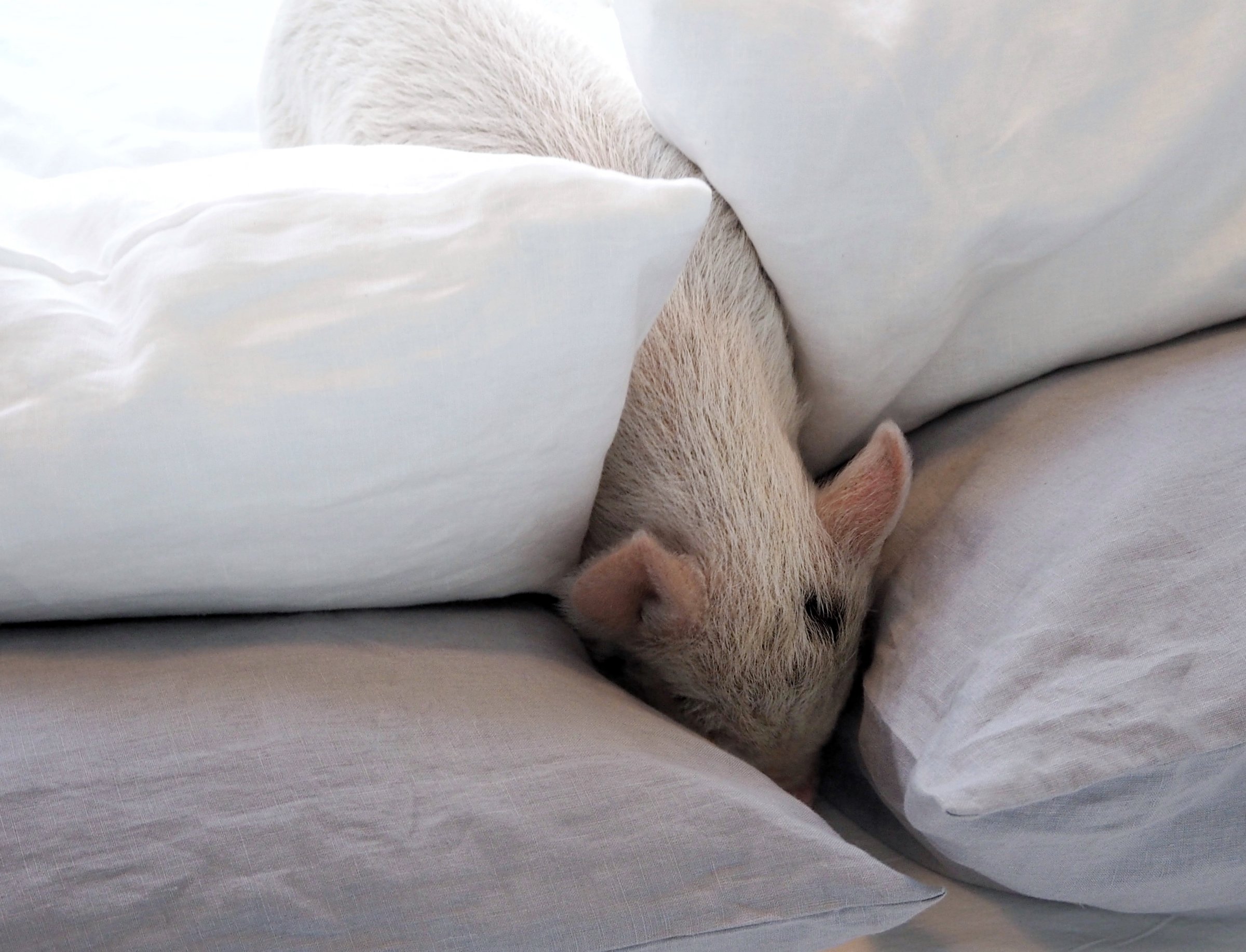Ah. The Ploughman’s Lunch. Bread, butter, chutney and a slice of cheese, it’s been a staple of British farm-labourers for generations, providing workers with a scrumptious meal they could carry with relative ease, whether on the fields or trekking through the woods. And now, any attempt to re-live the traditions of our elders is remarkably easy, with British pubs regularly making available their own take on the carb-fuelled snack, reminding us of a simpler, greener, less hectic lifestyle.
Or at least, that’s what we thought.
Instead, the history of the Ploughman’s Lunch (at least as we know it today) is relatively brief, with documents secured from the National Archives proposing that it was invented as a marketing ploy by the Milk Marketing Board in 1960, in an attempt to sell more British cheese.
We live in uncertain times. And in recent years, from fake news to an unsettling political landscape, the world has become evermore complex as new theories, new studies, and new opinions make their way into the mainstream’s consciousness.
It’s generally accepted for example, that we each require eight hours’ sleep per night to maintain a healthy mind and body. Reducing stress, retaining memory, managing your hunger levels, the supposed advantages of regularly experiencing a night’s worth of high-quality sleep have been endlessly discussed, on myza and beyond.
But, it wasn’t always like this.
Such are the modern conceptions of pre-industrial society, it is assumed that prior to the industrial revolution in the UK and beyond, our forbearers enjoyed tranquil, wonderful sleep in uninterrupted chunks. It was the only thing they could assure themselves in what was otherwise a nasty, brutish, and short life.
However, as historian A. Roger Ekirch revealed more than 15 years ago in both a seminal paper and book entitled At Day’s Close: Night in Times Past (2005), humans throughout the pre-industrial age maintained a different sleep pattern to us today. By reviewing a vast collection of written pieces and articles pre-dating the industrial revolution, originating from all over the world, Ekirch suggests that humans previously maintained a biphasic sleep pattern, of two distinct portions of sleep. In other words, humans would have a first sleep or “dead sleep” approximately two hours after dusk, followed by a waking period of one or two hours, and then a second sleep until morning. And indeed, during this waking period humans would have been particularly active, smoking tobacco, visiting their neighbours, or indeed, having sex.
What’s more, sleep was different according to social class. For the upper classes within British society during the 17th and 18th century, references to segmented or biphasic sleep patterns are more sparse. The reason?
Well, artificial lighting, homes amply lit by candlelight, and coffee houses open late into the night grew more popular amongst affluent persons prior to the industrial revolution. And, as was evidenced by the work of psychiatrist Thomas Wehr during the early 1990s, when plunged into darkness for prolonged periods of time (or 14 hours every day for a month in the case of Wehr’s experiment), people will eventually settle into a biphasic sleep pattern.
In other words, it was a change in circumstances, and the growth in well-lit neighbourhoods/homes/bedrooms that altered humanity’s sleep pattern. And of course, our perceptions of the evening and the dark have also changed, given the growth in night-time employment and twenty-four hour services. As a result, even if you happened to be inclined to the biphasic sleep pattern today, the time-pressing demands of the modern, working world would almost certainly make it impossible to practise.
“One remarkable implication of segmented sleep is that our pattern of seamless slumber for the past two hundred years has been a surprisingly recent phenomenon, the product of modern culture, not the primeval past,” wrote Ekirch.
So what does this mean?
Well, the future of sleep – and humanity – remains largely unknown. But given the extensive research currently underway in regards to something as universal, as significant as sleep, we can be sure that some of those conventions that we previously regarded as absolute fact, will one day be severely undermined, or even disproven.
Perhaps the best we can do therefore, is to be open-minded, and hope that one day we’ll find out all that there is to know.
In the meantime though – anyone for a Ploughman’s?







